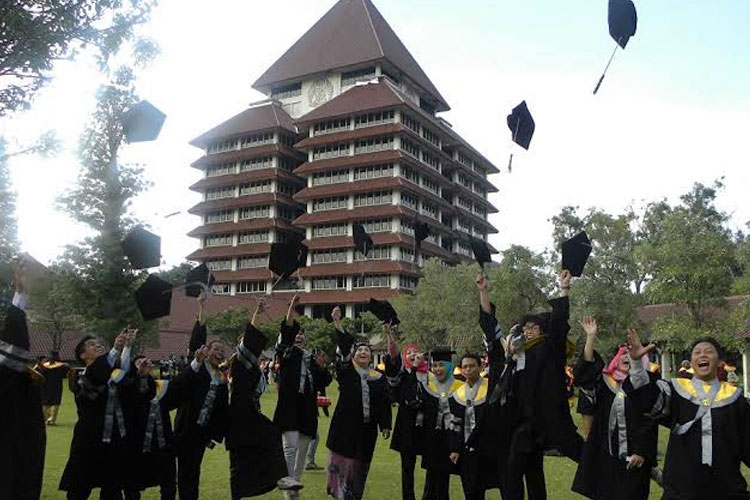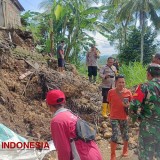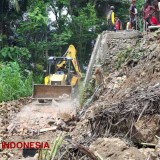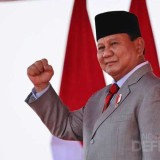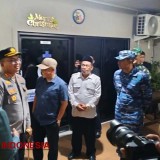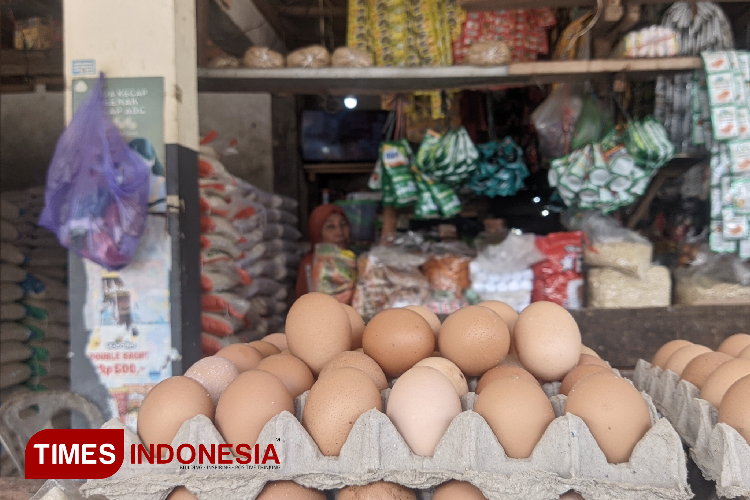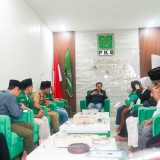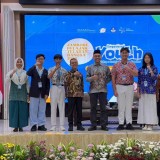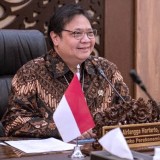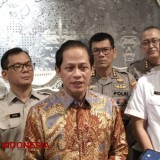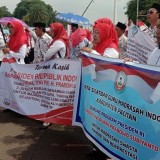TIMES HONGKONG, JAKARTA – Higher education in Indonesia continues to experience significant changes, especially in redesigning the curriculum to align with industry needs. Ikrima Maulida, an academic from Samudra University in his opinion in the Kopi Times emphasized the importance of involving stakeholders from the industrial sector in this process.
According to her, this change is important so that college graduates have relevant skills and are ready to compete in the world of work. Several universities in Indonesia have begun implementing a dual-system education system, which combines learning experiences on campus and in the workplace.
"By integrating academic learning and field experience, students can be better prepared to face challenges in the world of work," said Ikrima Maulida.
Vocational Education as a Solution
Vocational education in Indonesia is also seen as one of the main solutions to reduce unemployment rates and meet the need for skilled workers.
Based on data from the Central Statistics Agency (2021), the vocational sector contributes almost 30% of the total employment in Indonesia. However, the negative stigma against vocational education still often arises, where many people still consider it a last resort.
"The government needs to revitalize vocational institutions, such as polytechnics and vocational colleges, so that the quality of vocational education can improve," said Ikrima.
This revitalization, she continued, includes improving facilities, training for teachers, and compiling a competency-based curriculum. These steps are expected to increase the competitiveness of vocational graduates in the job market.
Ikrima also highlighted the importance of collaboration between educational institutions and industry in designing a more relevant vocational curriculum. "By involving industry, graduates will be better prepared to face job challenges because they already have skills that match market needs," she said.
Education Policy Program
In addition, the Independent Campus program launched by the Ministry of Education and Culture Research and Technology (Kemdikbudristek) is one of the effective models in increasing the relevance of higher education. This program allows students to study outside campus and gain direct experience in the world of work.
"One of the efforts made by the Ministry of Education, Culture, Research and Technology is to present the Merdeka Belajar Kampus Merdeka (MBKM) program. Through MBKM, students are facilitated to take part in internship programs and learning outside the campus," said Ikrima. This provides flexibility for students to explore various fields that are in accordance with their interests and industry needs.
This program not only provides opportunities for students to do internships, but also allows them to take part in research projects, community service, and entrepreneurial activities. Thus, they are not only equipped with theoretical knowledge, but also practical skills that can be directly applied in the world of work.
Education Revolution: The Role of Technology and Government Policy
In today's digital era, information and communication technology (ICT) also plays an important role in the process of educational transformation. According to Ikrima, online learning platforms allow students to access various learning resources from anywhere.
"However, to make maximum use of this technology, teachers also need to be trained to be able to use these tools effectively," she added.
In addition, the government has an important role in formulating policies that support the transformation of higher and vocational education. Policies that support increasing the education budget, developing infrastructure, and training for teachers are needed to achieve the goals of this transformation.
"Government policies must support improving the quality of teaching, integrating technology, and developing soft skills," said Ikrima.
A Good Team Work
A study by Setiawan (2020) shows that collaboration between universities and industry is very important in increasing the relevance of the curriculum and the readiness of graduates in the world of work.
Therefore, it is important for the government and educational institutions to continue to encourage this collaboration in order to produce graduates who are not only academically competent but also have skills that are in line with market needs.
The transformation of higher and vocational education in Indonesia requires synergy between various parties, from the government, educational institutions, to the industrial sector.
With a more relevant and competency-based curriculum, as well as support from the right policies, it is hoped that graduates of higher and vocational education can be better prepared to face challenges in the world of work. (*)
Artikel ini sebelumnya sudah tayang di TIMES Indonesia dengan judul: Higher Education Reform: Aligning Curriculum with Industry Needs
| Writer | : |
| Editor | : Khodijah Siti |
